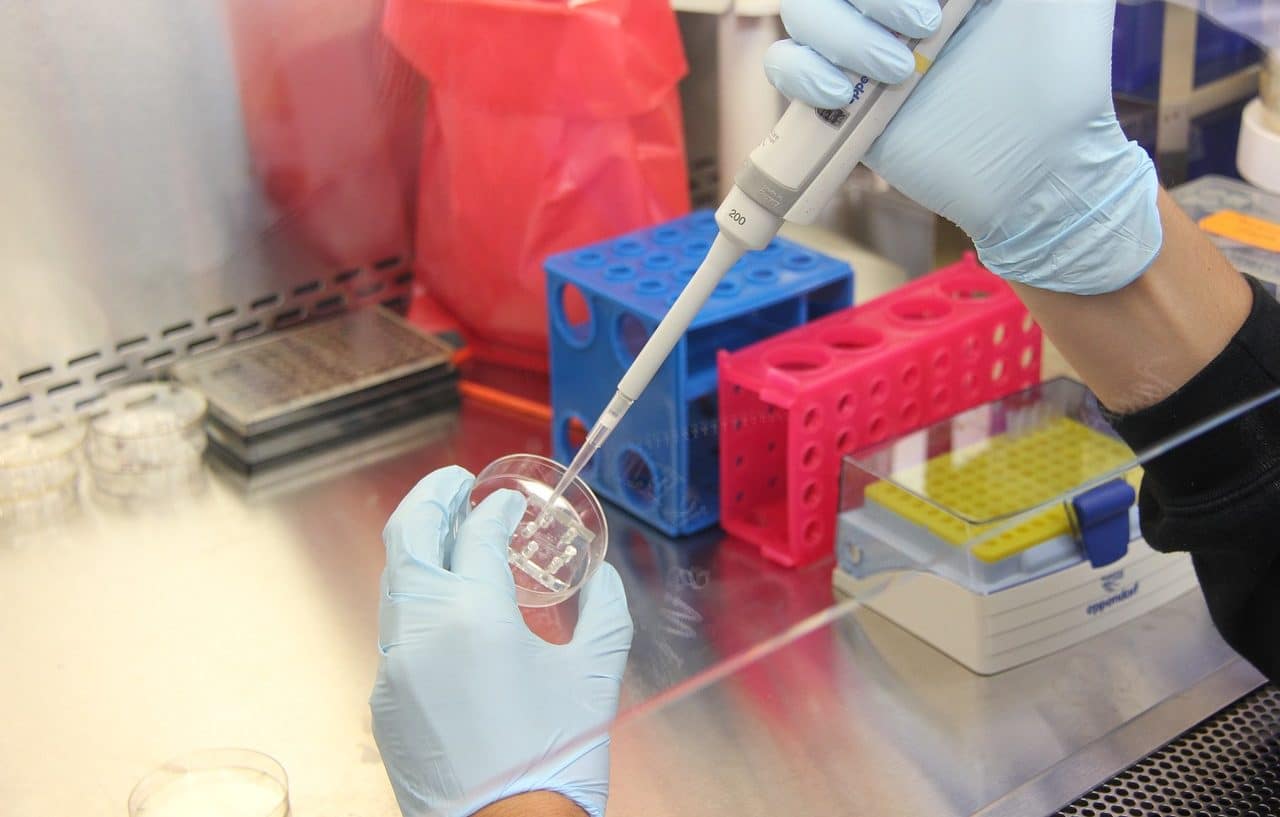
The methodology helps establish a research protocol.
A methodology is a research plan that allows certain objectives to be met within the framework of a science . The concept comes from a word generated from three words of Greek origin: metà ( "beyond" ), odòs ( "path" ) and logos ( "study" ).
It should be noted that the methodology can also be applied in the artistic field, when rigorous observation is carried out. Therefore, methodology can be understood as the set of procedures that determine a scientific investigation or set the course of a doctrinal exposition.
Methodology in social sciences
In the field of social sciences (such as sociology or anthropology ), the resource of methodology focuses on the reality of a society to reach a certain and forceful conclusion about an episode using observation and typical practical work. of all science.
The distinction between the method (name given to each plan selected to achieve an objective) and the methodology (branch that studies the method) is important. The methodologist is not dedicated to analyzing or verifying knowledge already obtained and accepted by science: his task is to track and adopt valid strategies to increase said knowledge .

The determination of the theoretical framework is usually associated with the chosen methodology.
Key piece of an investigation
The methodology is an essential piece of all research ( scientific method ) that follows the propaedeutics since it allows the procedures and techniques required to achieve the challenge to be systematized. It is worth clarifying that propaedeutics gives its name to the accumulation of knowledge and disciplines that are necessary to address and understand any subject. The term comes from the Greek pró ( "before" ) and paideutikós ( "referring to teaching" ).
In other words, methodology is a concrete resource that derives from a theoretical and epistemological position for the selection of specific research techniques. The methodology, then, depends on the postulates that the researcher believes are valid, since the methodological action will be his tool to analyze the reality studied. The methodology to be efficient must be disciplined and systematic and allow an approach that serves to analyze a problem in its entirety.

The methodology guides how the validation of the hypothesis will be sought.
Types of methodology
Many methodologies can be developed within an investigation, but all of them can be classified into two large groups: qualitative methodology and quantitative methodology .
The first is what allows access to information through the collection of data on variables, reaching certain conclusions when comparing statistics; The second, on the other hand, makes narrative records about investigated phenomena, leaving aside the quantification of data and obtaining them through participant observation, interviews or non-numerical techniques, studying the relationship between the variables that were obtained from the observation and taking into account above all the contexts and situations that revolve around the problem studied. Both methodologies, in short, promote a different data analysis: that is why mixed methods and an extensive bibliographic review are often used.
On the other hand, the methodology can also be comparative (analyze), descriptive (explain) or normative (assess). To know whether it is appropriate to use one type of methodology or another, the scientist or researcher has to take into account a set of important aspects. Some of the questions to ask yourself are: What results do you hope to achieve? Who are interested in knowing the results? What is the nature of the project?
Link with theory and difference with method
It is essential that the method used and the theory, which offers the framework where the knowledge is inserted, are united by coherence (how and what must be coherent with each other); This means that the methodology must be used within an ideological framework , a system of coherent ideas that are responsible for explaining the purpose of the research.
As we have already explained, method and methodology are different things. The term method, also associated with research techniques , can be defined as the path to achieving an end; In relation to the methodology, it consists of the procedures that must be carried out to comply with its stipulations and obtain true conclusions about the phenomenon or problem being analyzed. In other words, while the methodology is what unites the subject to the object of knowledge and is essential to achieve scientific knowledge , the method is the path or instrument that takes us to it.
The case of sports training methodology
The methodology of sports training consists of the rules that must be followed within the organization when practicing a sport. There are two types of methodologies in this field: multidisciplinary and integrated .
The multidisciplinary methodology is one that considers that the best sporting performance can be obtained from the sum of the different elements involved such as technique, tactics, and physical, psychological and visual aspects. The goals are achieved through clear and safe exercises.
The integrated methodology is based on sports practice and is based on the fact that technical-tactical, physical, psychological and visual skills are closely linked. This methodology seeks integration and combination between all elements, but greater attention is paid to technique and tactics .
